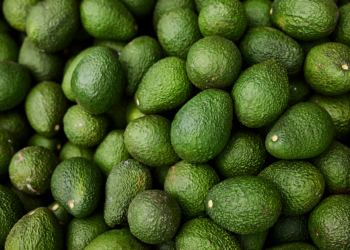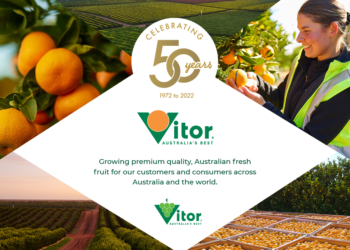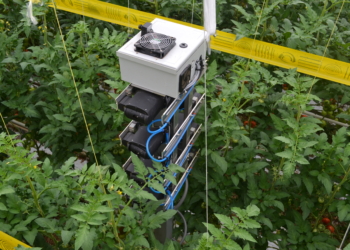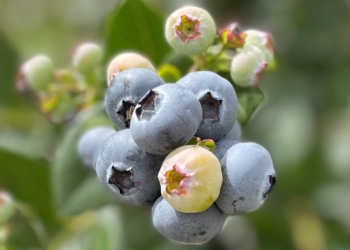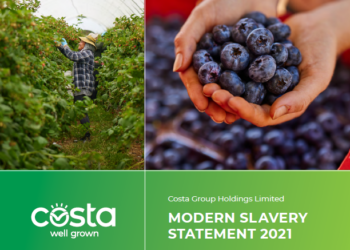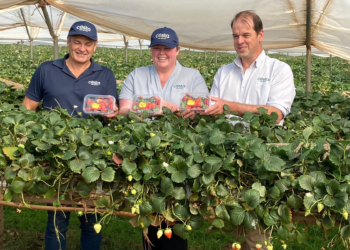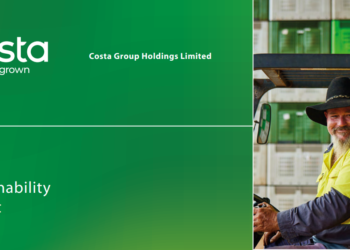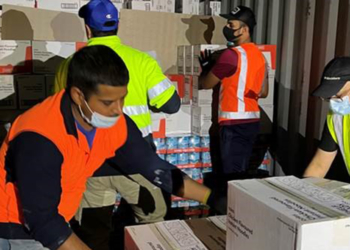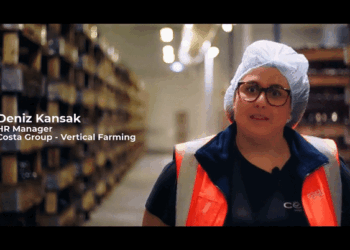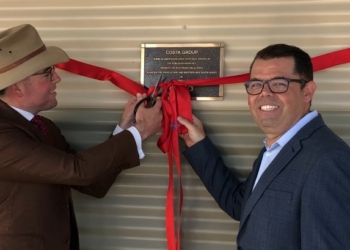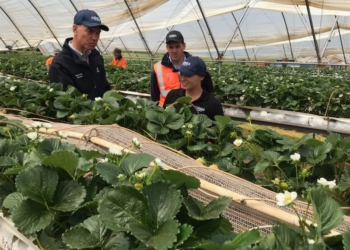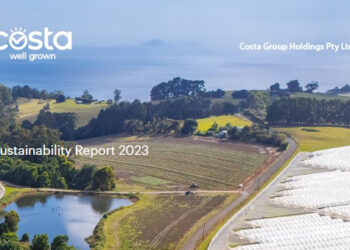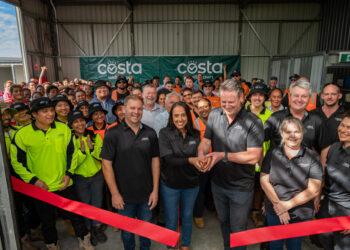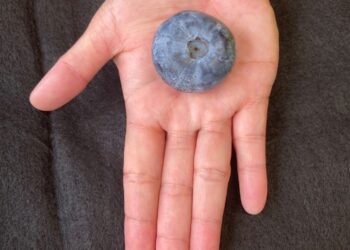Costa Group, Australia’s leading grower, marketing and producer of fresh fruit and vegetables, has issued an urgent plea for the Albanese Government to prioritise export market access for horticultural products into key markets.
Sean Hallahan, Costa CEO and Managing Director, said lack of access to key markets, especially Japan for Australia’s avocados was affecting the entire industry.
“It is vitally important for the new Albanese government to prioritise export market access for horticultural products into key markets, most prominently Japan,” Mr Hallahan said.
Japan imports huge volumes of avocados principally from South America, and small volumes from Western Australia. The majority of Australian avocados are however grown in Queensland, which is prevented from exporting to Japan due to Queensland Fruit Fly.
“A whole of government approach is urgently needed to gain access to Japan for eastern seaboard (QLD/NSW) grown avocados. If this can occur, then together with the access Western Australia currently has to Japan, it will provide Australian avocado growers an opportunity to supply the Japanese market on an almost year-round basis, something that no other country can do,” he said.
“Disappointingly, this is an opportunity that through lack of urgent action from government continues to go begging. I encourage both the Federal Agriculture and Trade Ministers to work together to address this issue as a matter of absolute urgency for the greater good of the avocado industry, and the economic sustainability of regional and rural communities where avocados are grown.”
Mr Hallahan said other countries, including Peru, Chile, Argentina, South Africa, Canada, Mexico and the United States had successfully gained access to China and other south east Asian countries for their fresh produce.
“The common denominator at play here appears to be that these countries take a whole of government approach to trade access negotiations.”


